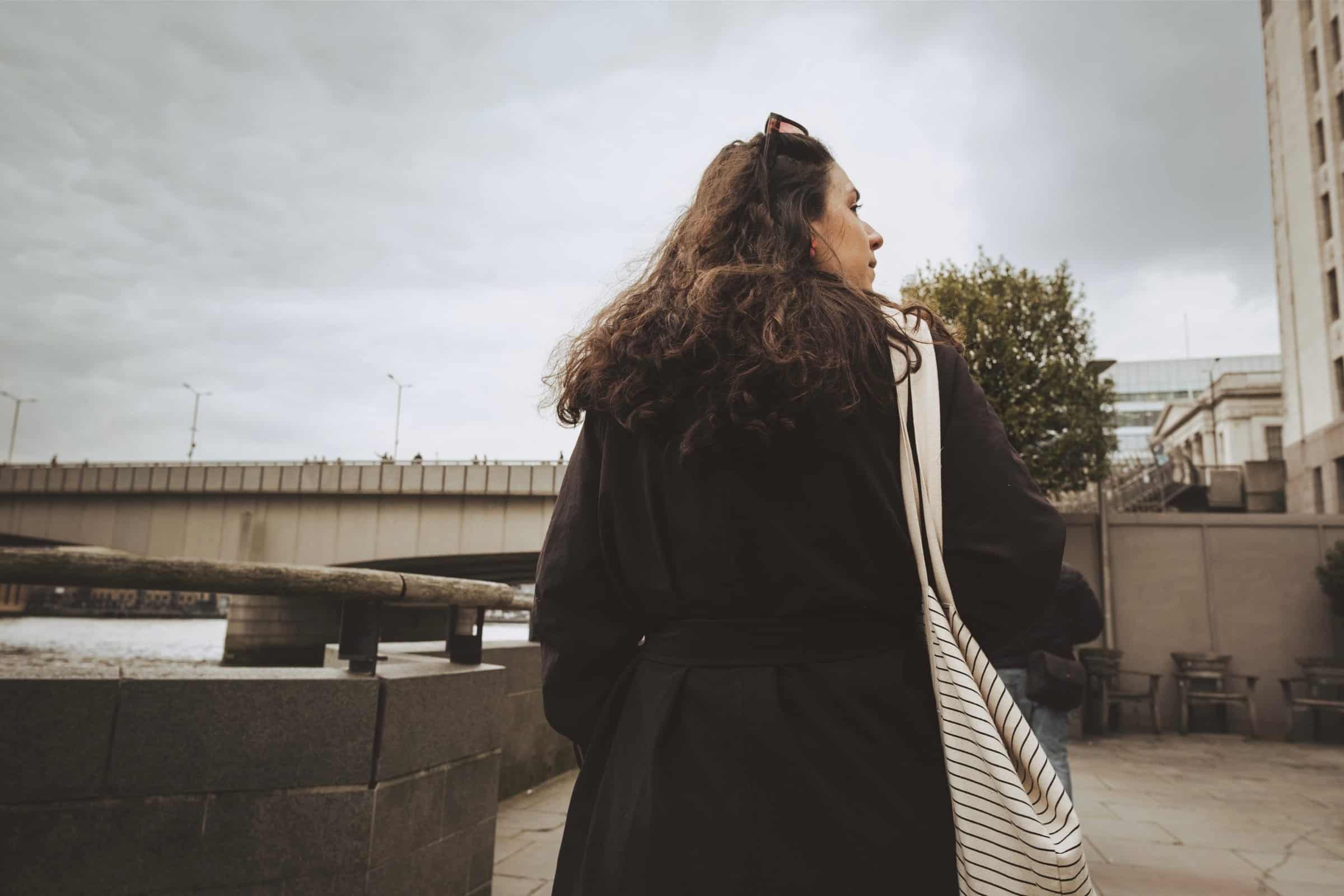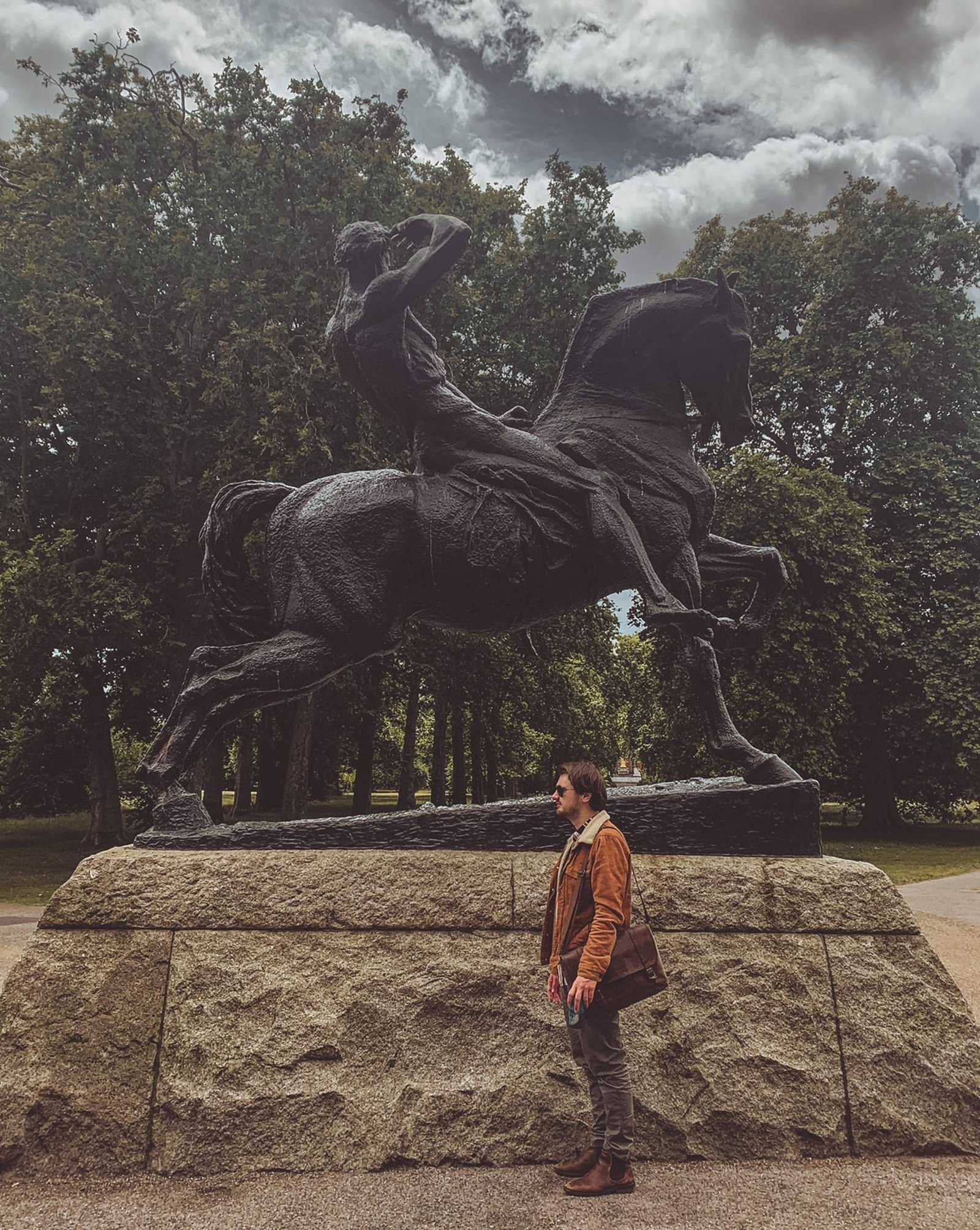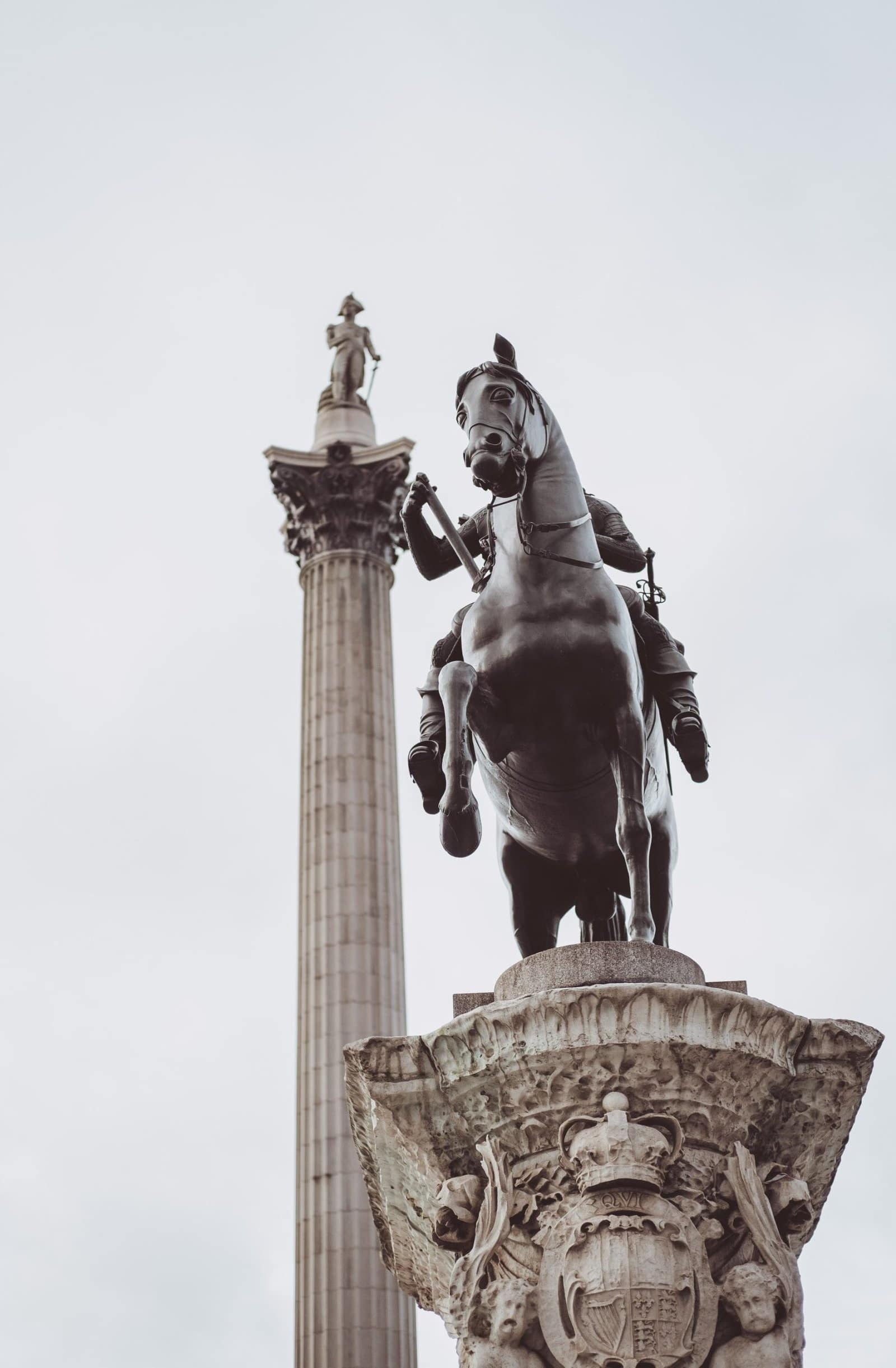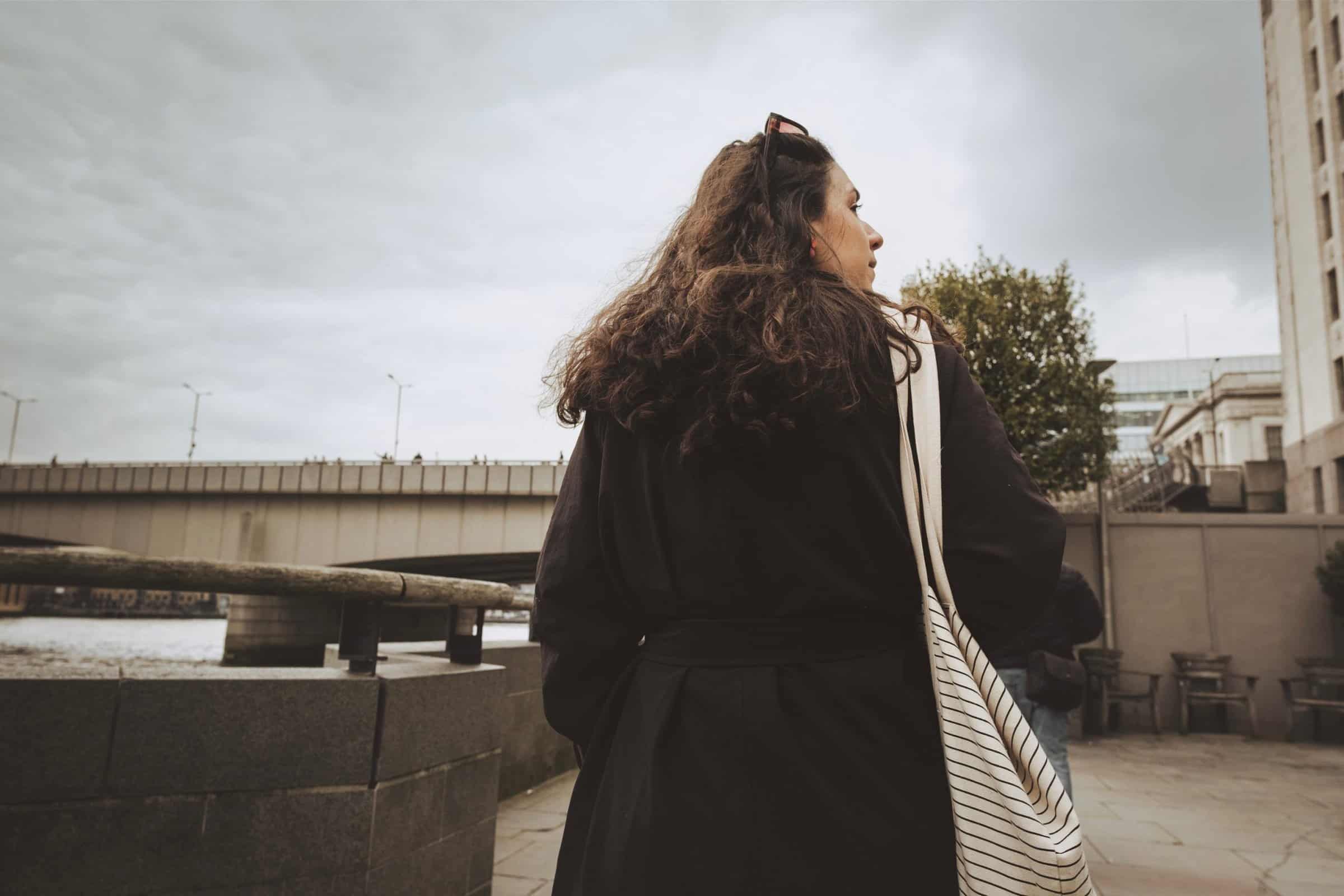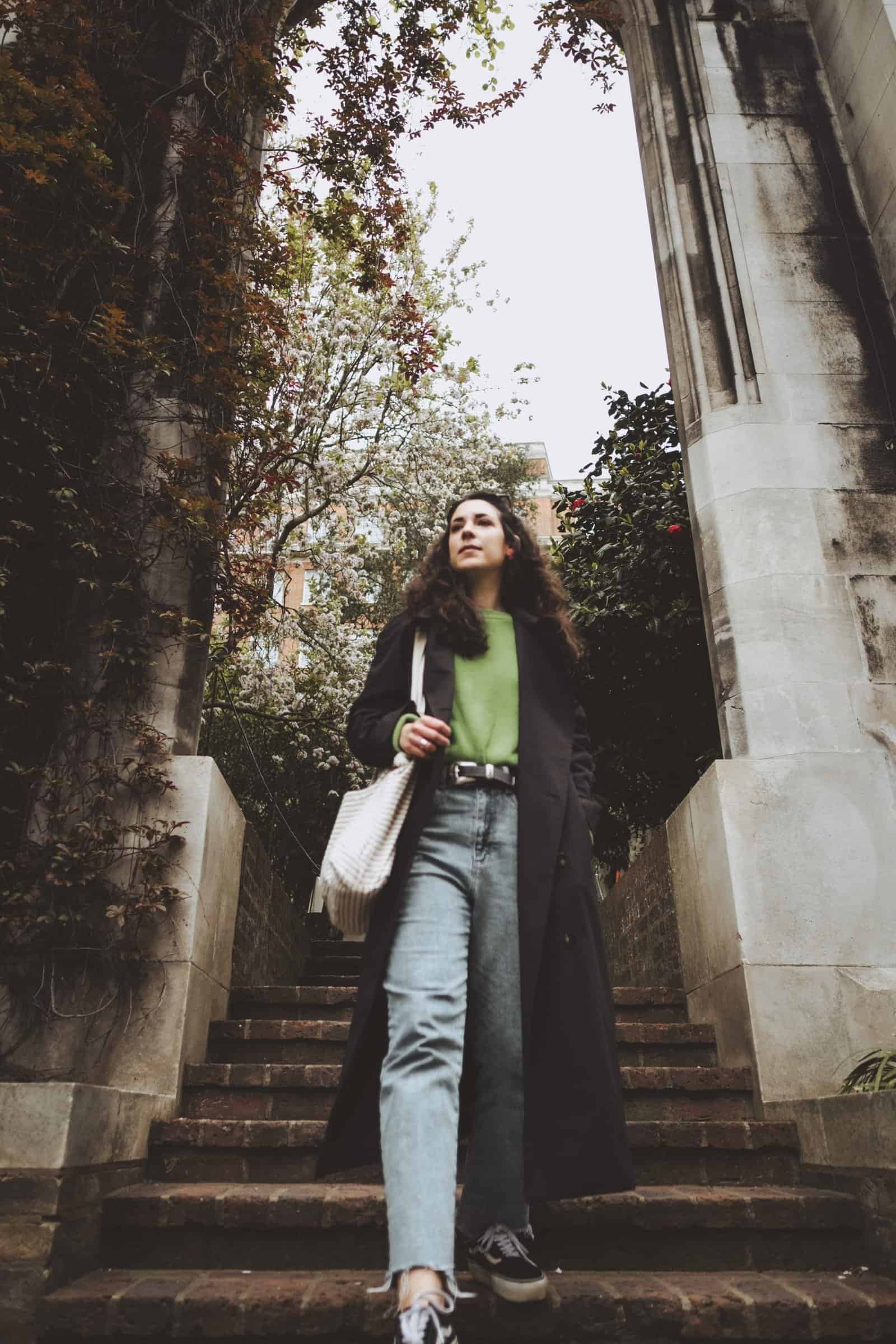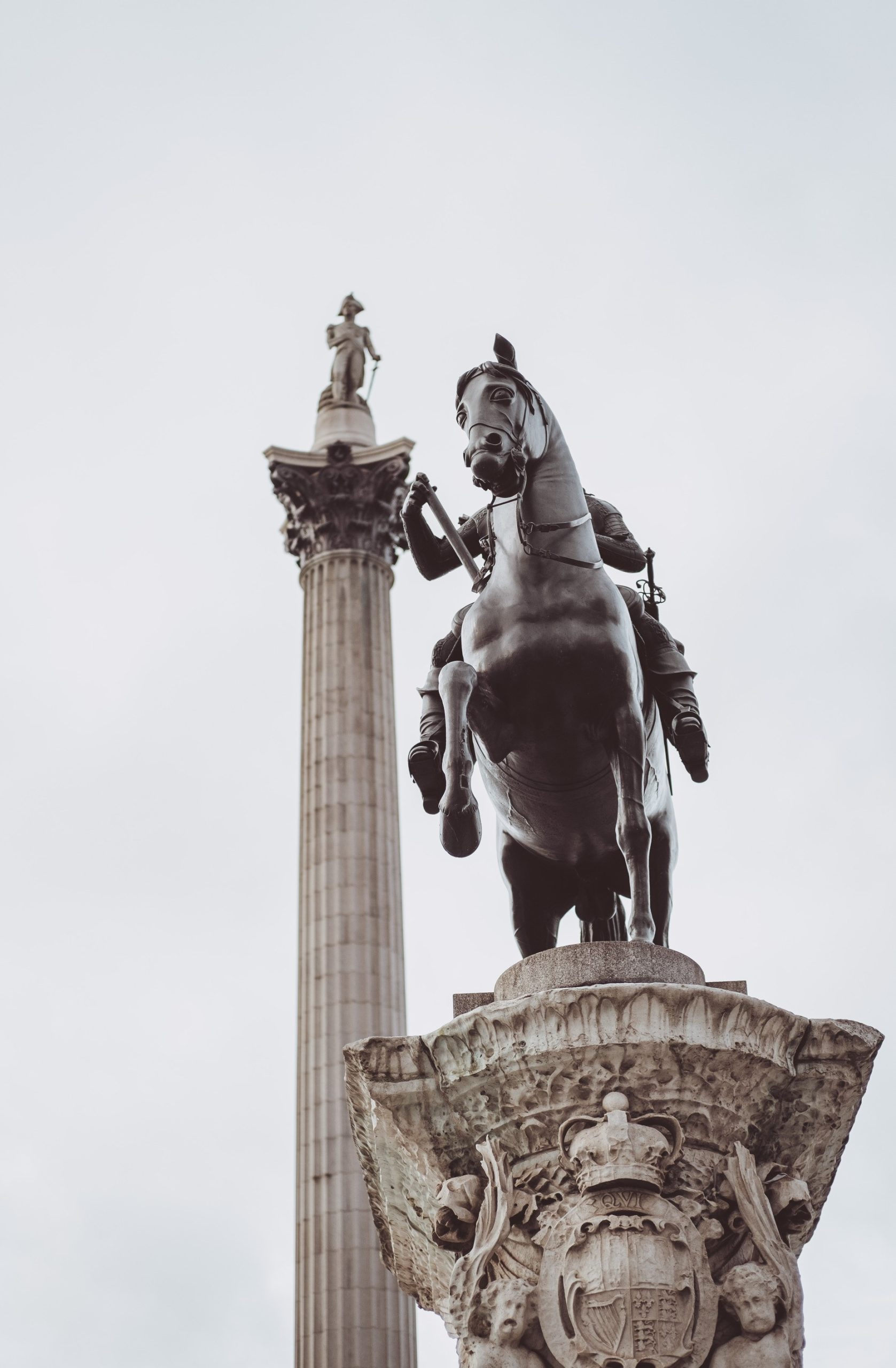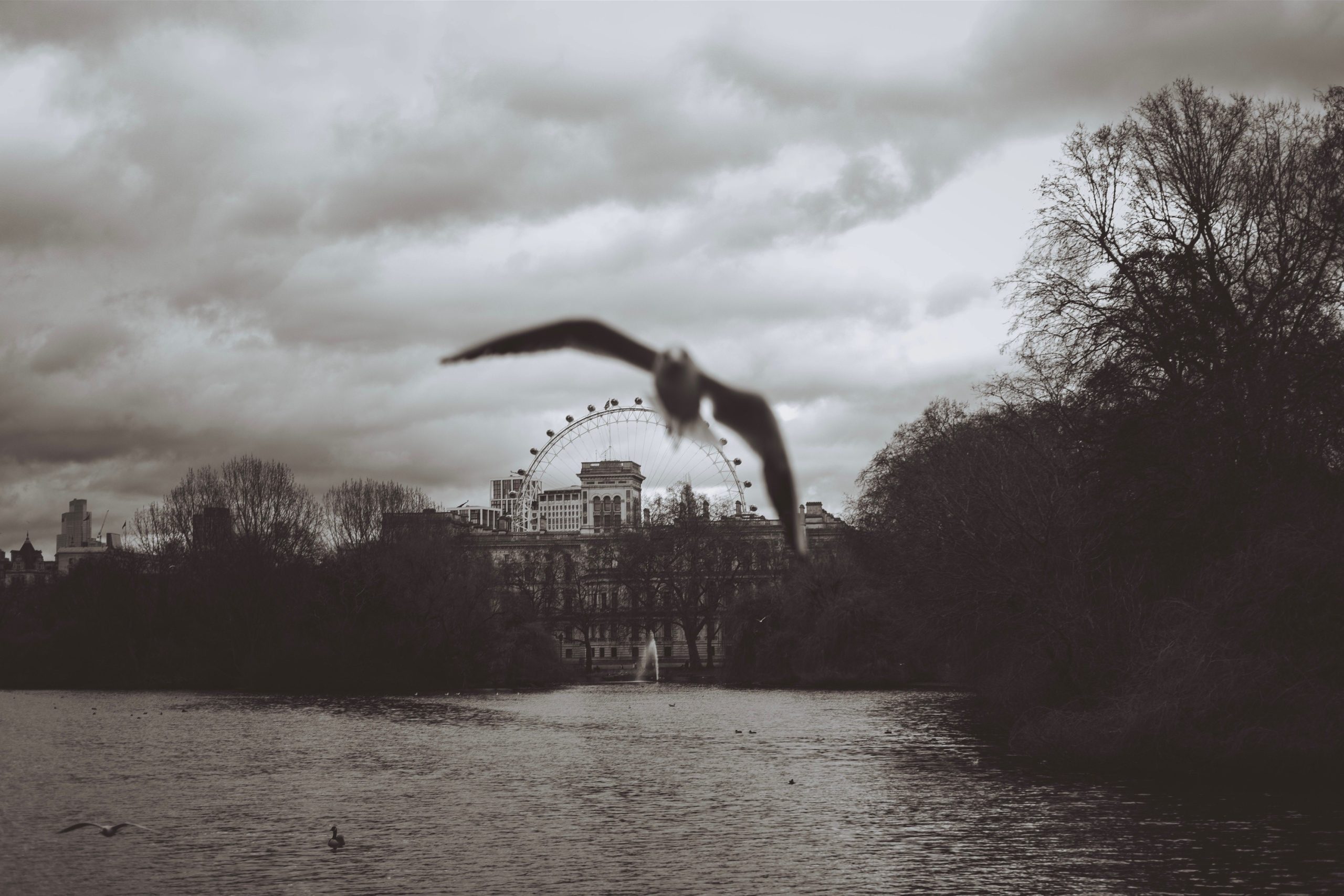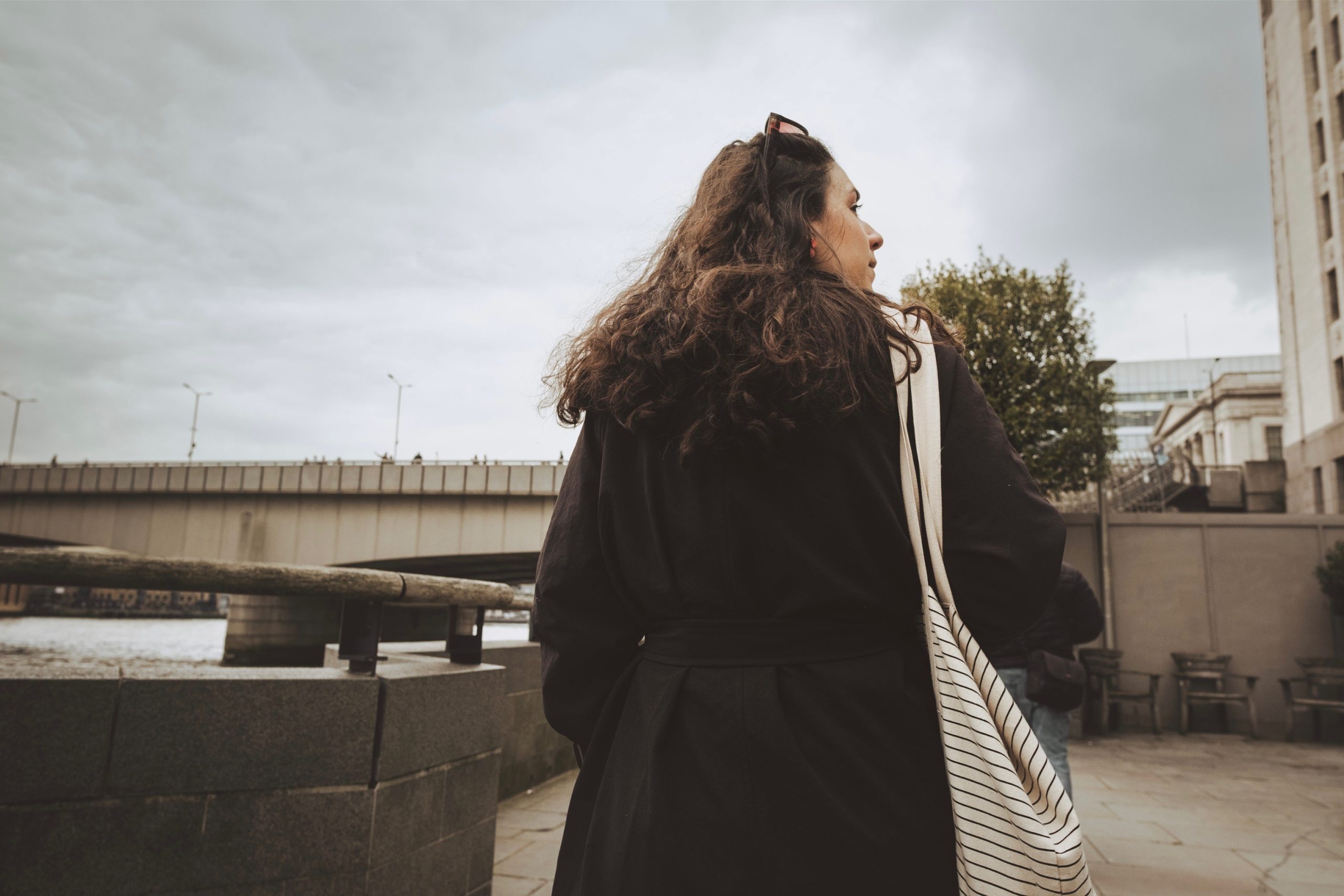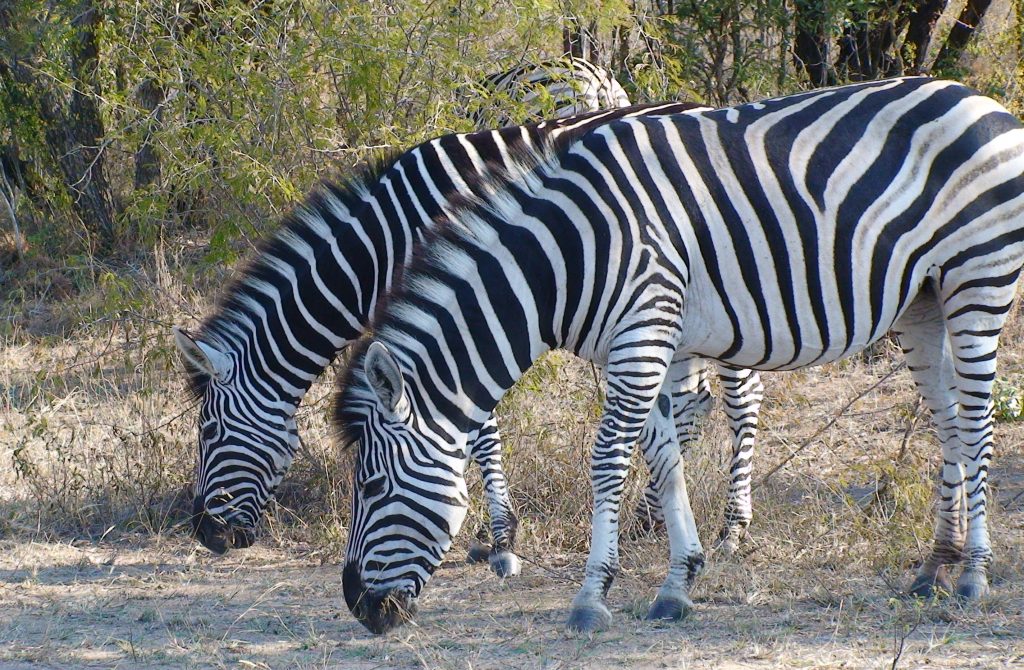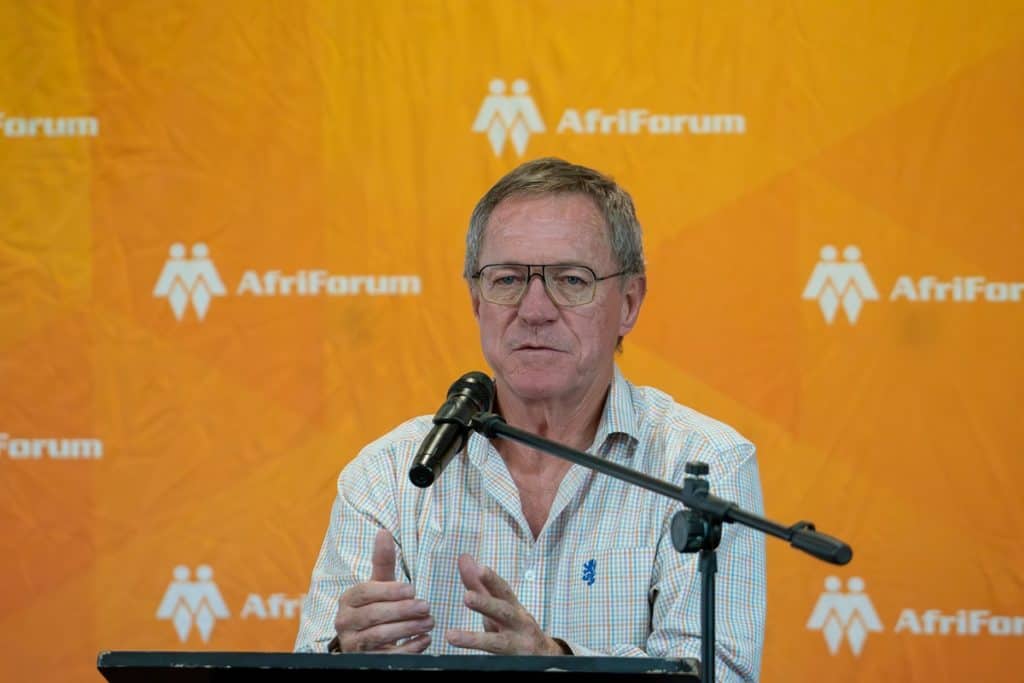In Out and about, we talk to people who currently live abroad or have lived and worked there. We would like to hear from anyone who wants to share their experiences with us. This week, we talked to Dorette Vermeulen, who has been living with her husband in London for a year where they both work.
Hello, Dorette. From where in South Africa are you and why did you decide to move to London?
My husband Christopher and I both worked in Pretoria. Due to layoffs at my company in 2021, I became unemployed. I had always wanted to work overseas for a few years, and it felt like the time was right for an adventure.
I got a job as a locum occupational therapist in the school sector in Central London while we waited for our visas. Christopher is a wedding videographer and photographer and can freelance.
Was it difficult to adapt there or did you easily make new friends and integrate into the community?
We were extremely fortunate to adapt and make friends quickly. First, friends offered to host us for the first three weeks until we could find an apartment. They helped us understand the transport system, showed us where to look for housing, explained how to open bank accounts, and many other essentials. We will forever be grateful to them. We have a beautiful little flat in Wimbledon and like living here.
We attribute all this to the Lord’s grace. We met all our new South African friends in London by chance. For example, we wanted to watch a Springbok rugby match at a pub. The pub was packed, and a friendly couple were kind enough to share their table with us. They happened to be South Africans, and now we are good friends.
The fact that everyone speaks English makes the adaptation significantly easier. Christopher is English-speaking, so he adapted to British humour and accents more easily than I did. I often have to ask waiters or shop assistants to repeat themselves.
You are a qualified occupational therapist and your husband a professional photographer and videographer. Tell us a little more about your jobs and whether the work culture was an adjustment.
I provide occupational therapy in schools for learners with special learning needs and disabilities. A big culture shock for me as an occupational therapist was the British health system. I struggle to understand it, and after a year, I still sometimes feel insecure. I am learning a great deal and am impressed with the amount of support the state provides to learners with special needs in mainstream schools. England has a huge shortage of health professionals, and we are often all overworked.
Christopher says the market is considerably friendlier with freelance workers here and the pay better. England has very strict rules and regulations regarding safety and insurance. The legislation on drones is also very strict, making it difficult to take arial shots of the wedding venues. Technological devices like cameras and video cameras are considerably cheaper in England than in South Africa, making it easier to purchase the latest technology. It was challenging to start his business in England seeing that he had to start building a client base all over again. He had to work hard on his marketing and social media.
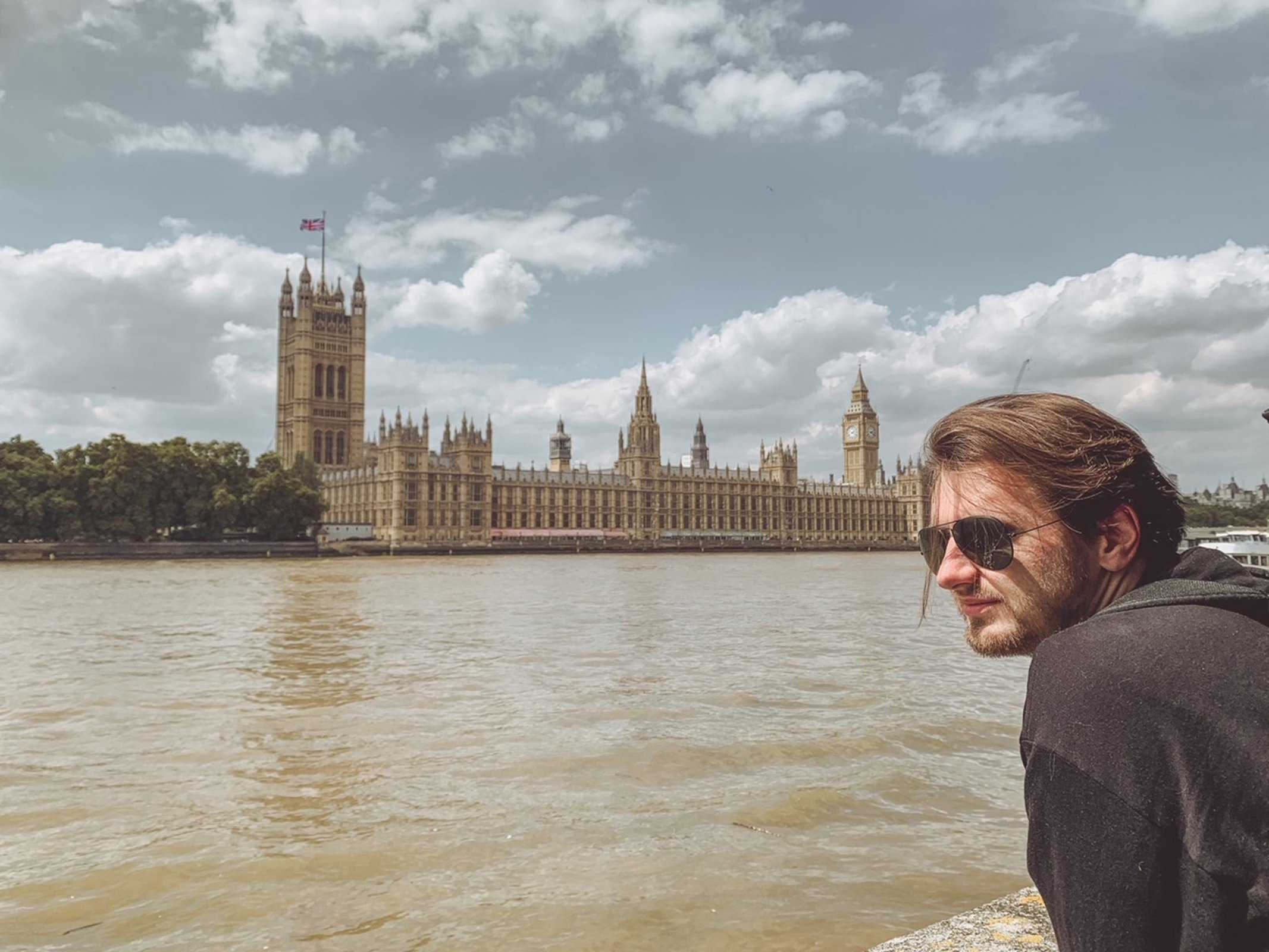
What was the biggest adjustment for you abroad?
I think the biggest adjustment is to accept that the frame of reference in the Western World is totally different from that in developing countries. We know that things cannot be taken for granted, and we are used to making plans ourselves.
We have so much empathy for immigrants now because we understand how it feels to be part of a country but at the same time feel like an outsider. Because our language and culture differ from that of the local population, we handle and approach situations completely differently from them and are often misunderstood. I often have to explain why I say things a certain way or approach challenges a certain way. At first, I was self-conscious about my accent, but now I use it with pride. I keep saying “oh shame” because I am and always will be South African.
What do you miss most about South Africa? What is the one thing you wish you could have packed in your suitcase when you emigrated?
The smell of barbecue fires, barbecue sandwiches, and being able to swim on a hot day. I burst into tears when my mother sent me a box of Ultramel custard. Mrs. Balls’ chutney and Wellington’s Sweet Chilli Sauce are gold in our house. I wish I could pack my whole family in my suitcase. The longing is very bad some days. We miss Sunday barbecues and stoep visits with the family and the South African sense of humour and languages. I miss hearing Afrikaans, Zulu, Sotho and isiXhosa.
Was London’s climate a big adjustment? Do you have any hints on how to survive that?
We arrived in the summer, and it was what we would now call a soft landing. We really enjoyed the parks and the long summer evenings. The winter was a different story. I really love the blue sky and sunlight. If you walk from the office to the train at 16:30 and it’s already pitch dark, my heart sinks a little. The vitamin D deficiency definitely caught up with us and I could feel my spirits lift when the sun came out a little.
London’s weather reminds me of Cape Town. It’s just a little cloudier in the winter. What caught us off guard was how everything went mouldy in the winter. We had to control the humidity in the house and wash the walls and ceilings weekly so that the roof and corners did not mould.
You should always have an umbrella at hand, and in winter, you should dress in layers. Your winter jacket and shoes must be warm and rain and wind resistant.
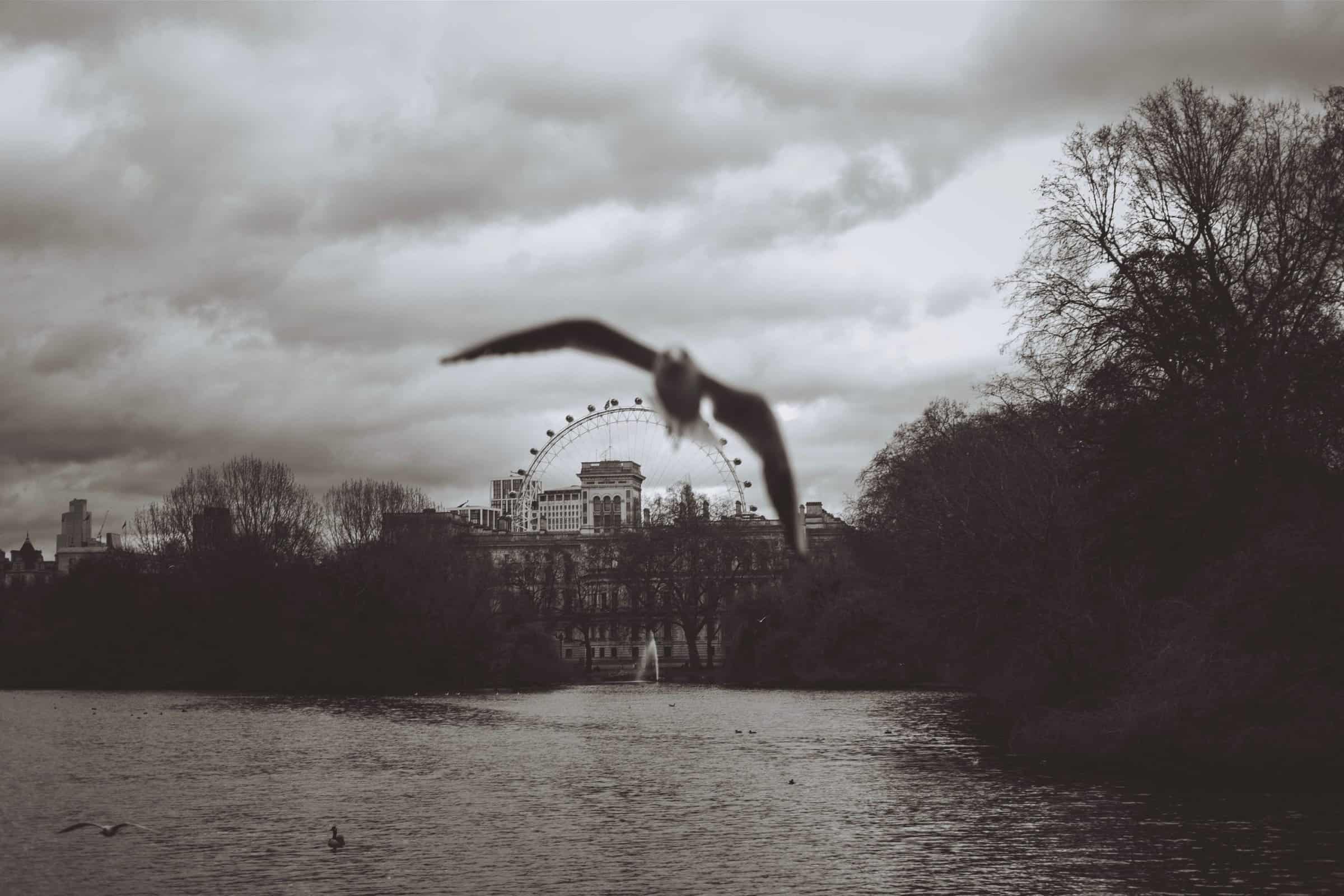
What do your African roots mean to you?
I don’t think I’ve ever been as proud to be Afrikaans as I am now. Christopher is English-speaking, but we decided to speak Afrikaans as much as possible at home to preserve the language. We love teaching Afrikaans words to our British friends.
Afrikaans poetry and my Afrikaans Bible have never been more beautiful. We don’t have children yet, but our children will definitely speak Afrikaans at home.
How does the lifestyle and cost of living differ from that in South Africa?
I will say that we earn a better income abroad. The challenge at the moment is the cost of living. Renting a place in London is terribly expensive, and electricity and food prices have risen significantly in the last year. We miss South African restaurants. Restaurants in London are often hit or miss. You sometimes pay an awful lot for food that is just average. You get to know the places where you’re get good value for money.
The convenience of public transport, the beautiful parks and gardens, and the architecture, art, museums and London buildings are probably our favourites.
One thing one has to accept is that your apartment or house will be significantly smaller than in South Africa and that having a garden is a luxury.
Any lessons you have learned?
Hold on to your faith and the principles your parents taught you. We as South Africans have certain values that are extremely rare. Our work ethic, willingness to help, determination and honesty definitely stand out. I am extremely grateful that my parents taught me to persevere, take on difficult tasks and never give up.
Are there any South African businesses such as shops, restaurants or services nearby that you like to support?
Snoggys and theSAVANNA at Wimbledon train station provide all the items we miss the most, whether it’s a green Sparletta, Oros, Mrs. Balls or boerewors. Limpopo Biltong delivers the tastiest biltong to your home. At The Biscuit Factory UK we buy the most delicious home-baked rusks.
Christopher’s photography and video business is Nobleman Sparrow Productions, and we shoot weddings in South Africa, England and Europe.
What interesting facts have you discovered about the United Kingdom that you didn’t know before?
The British know how to celebrate and organise great events. One of the great sins against British humanity is queuing. I don’t miss the queues at Home Affairs in South Africa at all. The British queues are so well-ordered, and everyone waits patiently for their turn.
London is a hugely diverse city. People from all over the world live and work here. They have certainly succeeded in creating a society where everyone has a place. I’m sure there is still racism and discrimination, but we still feel that London is very inclusive.
Is there anything else you would like to share with us?
I think the big question is often: Was/Is it worth it? Is the grass greener on the other side? We don’t have answers to such questions. In the end, it’s about what’s important to you and what you want to get out of it. For us, it was an opportunity to travel and gain further work experience.
Each country has its own issues and challenges. I think one has to make a mind shift not to compare South Africa with England. The two are vastly different. Both countries have their advantages and disadvantages. We did not leave South Africa because we felt hopeless about the country. We love South Africa very much and feel really hopeful about the country, even though we still have a long way to go. We will always praise South Africa when we tell people about our country.
ALSO READ: Out and about: E-mail from Ireland
Write to us
Do you live abroad, or have you recently returned from abroad? Then you too can write us an Out and about column. Send an e-mail to wereldwyd@afriforum.co.za and we will send you questions to answer.



